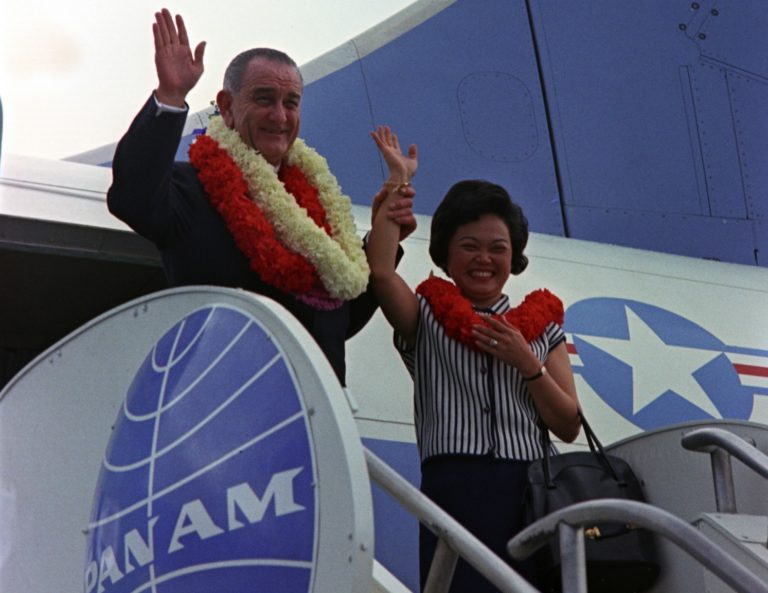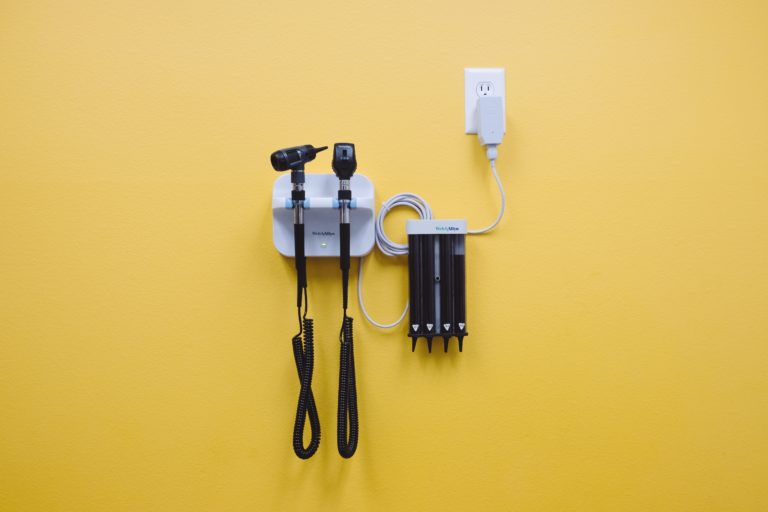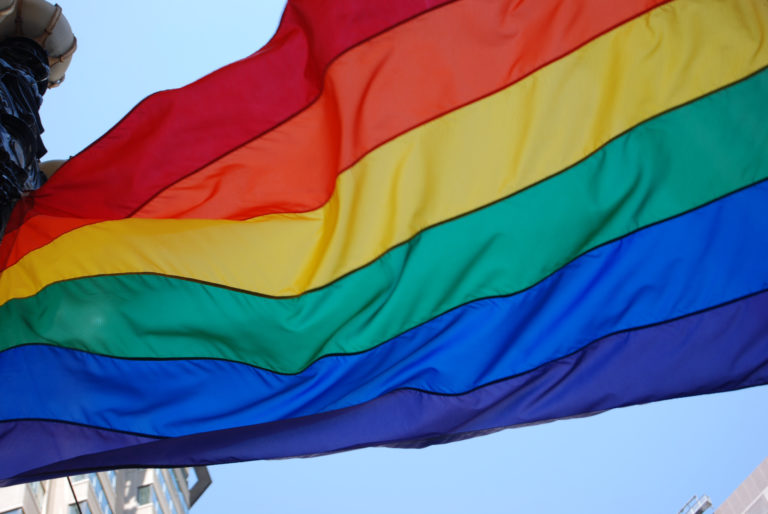Image: Rep. Patsy Mink with President Lyndon B. Johnson, 1966 As the Asian American Pacific Islander…
The Next Generation of Asian American Pacific Islander Leaders Need Us

The light at the end of the COVID-19 pandemic tunnel is in sight. Over 50% of American adults are fully vaccinated and the Center for Disease Control (CDC) has released updated health and safety guidelines. Supporters say that the $1.9 trillion American Rescue Plan Act of 2021 economic stimulus package promises to provide much-needed relief. Yet, the recovery from the dual pandemic, one combatting the coronavirus and the other of fighting racism and discrimination, is not over.
Since President George H. W. Bush signed Presidential Proclamation 6130 on May 7, 1990, designating the extension of Asian American Heritage week to a full month, the month of May has been a time of celebration of the Asian American Pacific Islander (AAPI) community. The AAPI community is not a monolith by any means, but May serves as a unifying month of diversity and inclusion of our unique cultures and customs.
However, this year felt different. It was unlike any other. Confronted with rising xenophobia and racism exacerbated by the COVID-19 pandemic towards the AAPI community, the month took a somber tone. There were solidarity marches and rallies, opportunities to listen and learn via virtual panels, and critical bystander intervention trainings. These are all crucial steps, but it is not enough. We need to do more to create real systemic change, which requires greater political representation of the AAPI community at all levels of government.
The “model minority myth” that all Asian Americans are studious, work hard, and achieve success has revealed an ironic truth: AAPIs are not thriving everywhere. When it comes to holding elected office, AAPI people have the lowest degree of representation than any other demographic in the United States. Despite being America’s fastest-growing demographic, AAPIs are the least represented in elected office and are severely underrepresented in political office. AAPIs are 6% of the U.S. population, but only 0.9% make up our elected leaders. Without a variety of lived experiences from the AAPI community, this leads to a lack of variety of perspectives at the public policymaking table. Now is the time to bring change.
Today’s political landscape includes AAPI leaders like Senator Mazie Hirono (HI), Senator Tammy Duckworth (IL), Congressman Ted Lieu (CA), and Kamala Harris, America’s first AAPI Vice President. VP Harris reminded us that “While I may be the first woman in this office, I won’t be the last.” Let this be the motivation to pipeline the next generation of leaders. Youth seeing themselves reflected back at them in their elected leaders is powerful.
Collaboration with young people is key to ensuring the recent AAPI unity becomes a movement, not just a moment.
Reach out. Bring young people in and amplify their voices. Create space for the leaders of tomorrow.
I look forward to working with you along the way.







